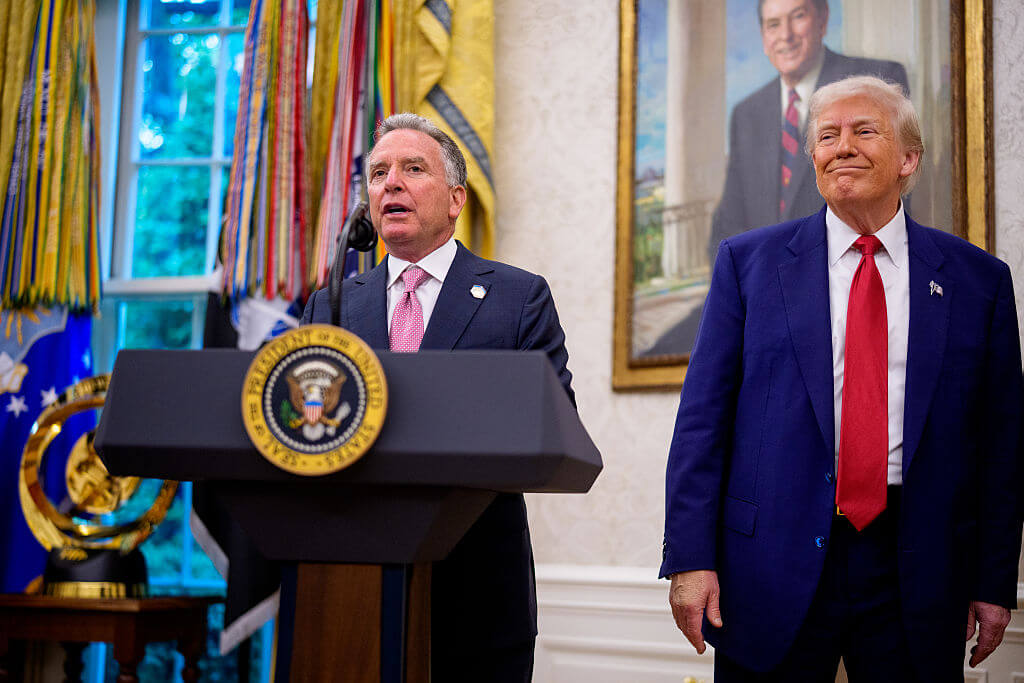God Save This Vulnerable Court
The Senate should reject Samuel Alito’s nomination to the Supreme Court because of his almost certain impact in undermining basic constitutional protections. It is impossible to overstate the importance of this nomination for the immediate future of constitutional law in the United States.
Often in considering judicial nominees, the Senate can take refuge in doubt over the impact of a particular nominee. In considering the nomination of Alito, however, there is no doubt as to the importance of this seat on the Supreme Court or as to his likely impact on the law.
For almost two decades, the Supreme Court has been frequently referred to as the “O’Connor Court” because of the pivotal role played by Justice Sandra Day O’Connor in virtually every aspect of constitutional law. In almost every major area — campaign finance regulation, death penalty litigation, racial justice, reproductive freedom, separation of church and state — O’Connor was in the majority in 5-4 decisions. Replacing her thus has the possibility of dramatically changing the law in some of the most important and controversial areas of contemporary constitutional law.
The Senate thus must assess O’Connor’s prospective replacement in terms of his likely impact on constitutional law. Unlike many nominees in American history, Alito has a long written record, one that provides clear indication of his views and what he is likely to do if confirmed to the Supreme Court — and the contrast between Samuel Alito and Sandra Day O’Connor is stark.
What will his presence on the Supreme Court mean?
Justice O’Connor was a key fifth vote in enforcing a wall separating church and state, such as in the 5-4 decision last spring to declare unconstitutional a county in Kentucky placing the Ten Commandments on government property. In contrast, Alito repeatedly has voted against such limits on government power, such as in opinions permitting student-delivered prayers at public school graduations and in allowing religious symbols on government property. Alito likely would be a fifth vote on the court to dramatically change the law of the Establishment Clause to allow far more government aid to religion and far more religious involvement in government.
Alito also is a certain vote to limit abortion rights and when the occasion arises, to overrule Roe v. Wade. As a lawyer in the Justice Department in the 1980s, Alito wrote a series of memos saying that Roe v. Wade was wrongly decided and urging a strategy to have it overruled.
As an appellate judge, Alito has consistently voted against protecting abortion rights, including writing an opinion, which the Supreme Court overturned, to allow a state to require a married woman to obtain her husband’s consent before receiving an abortion. More generally, Alito is a vote to greatly narrow privacy rights, as evidenced by a dissent he wrote arguing that the police should not be held liable when they strip-searched a woman and her 10-year-old daughter who were present at a house being searched.
Racial justice is another area where replacing O’Connor with Alito will have a dramatic impact. In 2003, O’Connor wrote the majority opinion in a 5-4 decision holding that colleges and universities have a compelling interest in having a diverse student body and thus may use race as one factor in admissions decisions to benefit minorities. In applying for a high-level position in the Justice Department, Alito expressed his strong opposition to affirmative action and as a federal appellate judge has consistently voted to limit remedies for racial discrimination.
Perhaps no area of constitutional law will be more important in the years ahead than limits on executive power, as the Supreme Court will review the unprecedented claims of authority by the Bush administration as part of the war on terrorism. In recent years, the Bush administration has claimed the authority to detain American citizens apprehended in the United States as enemy combatants; the power to engage in warrantless eavesdropping of conversations and electronic communications by American citizens with those in foreign countries; the ability to detain enemy combatants indefinitely in Guantanamo, Cuba, without due process; and the power to authorize torture of individuals. These will be among the most significant issues to come before the court over the next few years.
O’Connor wrote a key opinion in 2004 holding that the government must provide due process to American citizens held as enemy combatants. She declared that even “a state of war is not a blank check for the president when it comes to the rights of the nation’s citizens.”
Alito, by contrast, took the position in the 1980s that the attorney general should have absolute immunity to liability for authorizing illegal, warrantless wiretapping. In fact, in a series of writings and speeches over 20 years, Alito has advocated expansive, largely unchecked executive authority.
In Alito, President Bush picked a nominee whose views reflect the most conservative quarter of the American population. Adding him to a court that already has so many conservative justices will usher in a new era of constitutional law that likely will last for decades.
As the Senate considers Alito’s nomination over the next few weeks, conservatives will try to pretend it is otherwise, and present him as a moderate. But that is not Samuel Alito — and conservatives, who were gleeful over his nomination, know it.
Erwin Chemerinsky is a professor of law and political science at Duke University.
















